ESG focus areas
UNION’s ESG (Environmental, Social and Governance) ambition and focus areas take departure in the company’s patient-centric vision around development of medicines that make a difference by improving the lives of patients with immunological diseases.
From the headquarters in Hellerup, Denmark, UNION’s dedicated employees work with patient organizations, physicians, investigators, regulatory authorities, external suppliers, including clinical research organizations and contract development and manufacturing organizations, to progress orismilast throughout the pipeline and into the hands of patients, improving their health and well-being.
UNION is furthermore developing a structured non-financial reporting framework to track and report, both internally and externally in the Annual Report, on relevant ESG metrics to evaluate the company’s progress on a continuous basis.
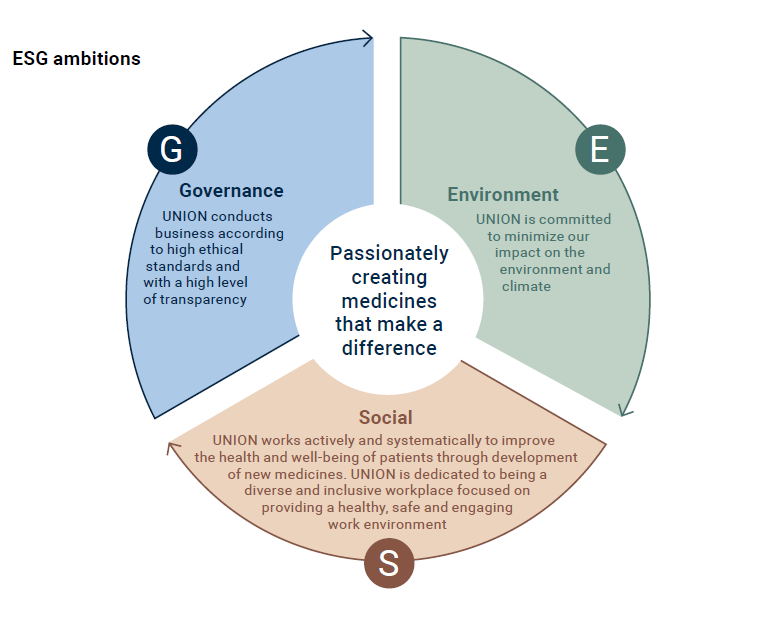
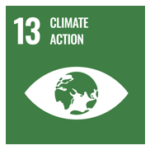
Environmental responsibility – understanding and minimizing CO2 emissions
Due to the business model of UNION, as a search and development biopharmaceutical company, where many activities are outsourced, including manufacturing, distribution and clinical study execution, UNION’s direct impact on the environment and climate is minimal. However, UNION wants to contribute to the UN Sustainable Development Goal on Climate Action and acknowledges that indirect CO2 emissions across the value chain are what matter for a company like UNION. In order to create more transparency on emissions across the value chain, UNION has in 2021 partnered with a global leader in science-based carbon accounting to estimate and track the company’s carbon footprint across Scope 1 (direct emissions from vehicle and fuel use), Scope 2 (indirect emissions from electricity and heating) and Scope 3 (indirect emissions from purchased goods and services, transportation and business travel), according to the Greenhouse Gas Protocol – the world’s most recognized greenhouse gas accounting standard.
Total emissions: 4,080 ton CO2
UNION’s carbon footprint in 2023
- UNION is estimating the company’s carbon footprint across scope 1 (direct emissions from owned assets, e.g., vehicles and fuel use from production sites), scope 2 (indirect emissions from purchased energy, such as electricity and heating) and scope 3 (indirect emissions not already included in scope 2, e.g., emissions from purchased goods and services, transport and business travel). In 2023, UNION reported positive results from two clinical trials, IASOS and OSIRIS, respectively. Due to the finalization of patient enrollment in 2022, UNION’s general activity level has decreased from 2022 to 2023. As a consequence, UNION’s total CO2 emissions have decreased 46% to 2,156 tons CO2 -equivalent in 2023 (2022: 3,969 tons).
- Almost 100% of UNION’s emissions are scope 3 emissions. Scope 3 CO2 emissions have decreased 46% to 2,154 tons CO2 -equivalent in 2023 (2022: 3,952 tons). In addition to the decrease in activity level, the decrease in reported CO2 emissions is also reflecting an improvement in data quality. Scope 2 emissions have decreased 88% to 2 tons CO2 -equivalent in 2023 (2022: 17 ton) due to improvement in data quality. UNION does not have any scope 1 emissions. Please read more about estimation of CO2 emissions and supplier engagement in the Annual Report 2023
Total emissions pie chart
- Scope 1 ; remains 0,0%
- Scope 2 ; now 0,1% (2/2156)
- Scope 3; Now 99,9% (2154 / 2156)
- Total emissions; now 2156 (3969 in 2022)
Social responsibility – putting patients first and fostering a meaningful company culture among employees
- UNION is a biopharmaceutical development company with core expertise in identification of unmet medical needs, pharmaceutical innovation and clinical development
- Please refer to the pages on atopic dermatitis (Link), hidradenitis suppurativa (link), psoriasis (link) and ulcerative colitis (link) or the Annual Report 2023 (link) to read more about the unmet medical needs in the disease areas within immunology that UNION is initially targeting with orismilast and how Union is interacting with patients, patients organizations and leading experts to raise awareness about the burden of disease
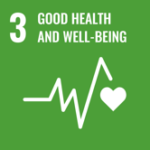
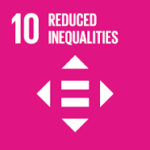
The UNION Way – Company Culture
Passionately creating medicines that make a difference entails passionate employees
Attracting and retaining passionate employees require a good and healthy working environment but also a robust company culture centered around strong virtues, ethical behavior, and a winning mindset. UNION is tracking the meaningfulness of employees with respect to purpose, leadership, belonging and personal growth in employee surveys twice a year and based on the survey results running initiatives and workshops on an ongoing basis to strengthen The UNION Way and work with the virtues in practice.
Read more about The UNION Way here.
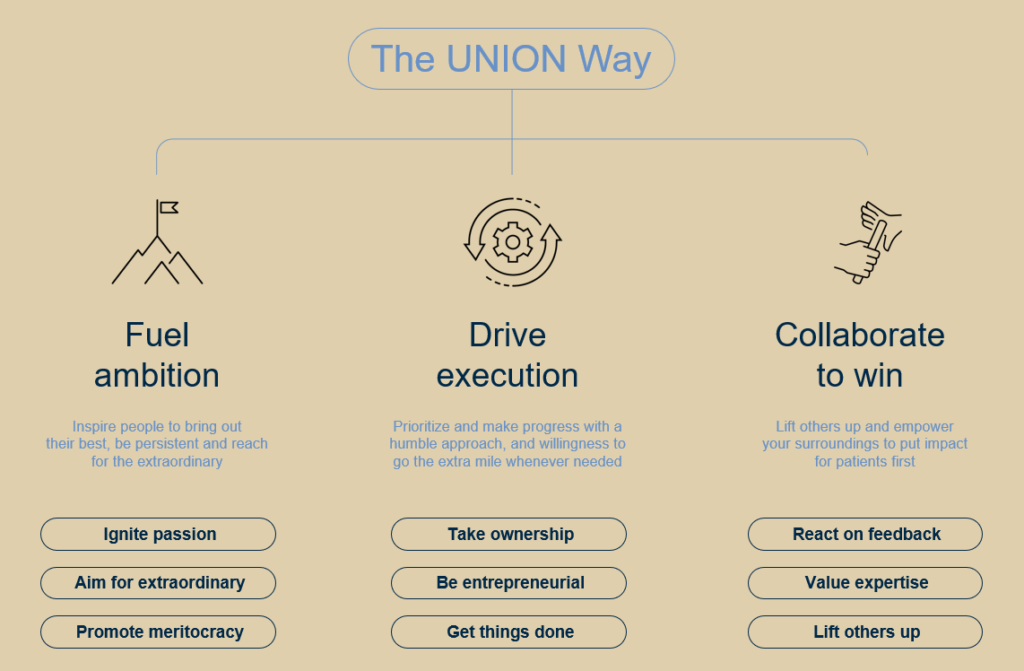
Corporate governance based on efficiency, transparency and accountability
UNION is committed to conducting business with high integrity and transparency in all aspects of our business and requires all employees to comply with applicable laws and regulations, and adhere to high ethical standards and principles
UNION has a two-tier management structure consisting of the Board of Directors and the Executive Management as set forth in UNION’s articles of association. The Board of Directors works in accordance with UNION’s BoD Rules of Procedure.
Executive Management, in turn, is responsible for the day-to-day management of the company, development and implementation of strategies and policies, the company’s operations and organization as well as timely reporting to the Board of Directors. The Executive Management works in accordance with UNION’s Executive Management Instructions.
The organization at UNION has strengthened significantly over the last few years with hiring of personnel and addition of key competencies across all layers. The organization has not only strengthened in terms of people but also with respect to policies, processes and guidelines, compliance, and risk management.
Policies
UNION has developed a corporate governance framework with different policies, including ESG-related policies, governing our ways of working: Code of Conduct, Diversity and Inclusion Policy, Sustainability Policy and Tax Policy.

